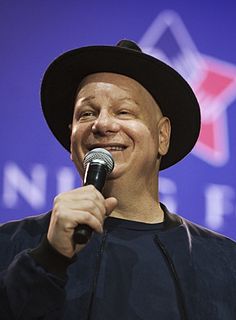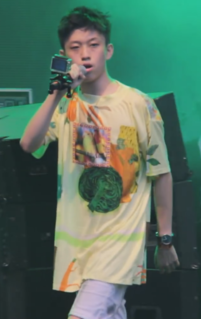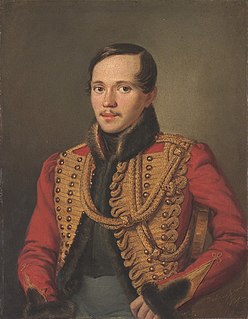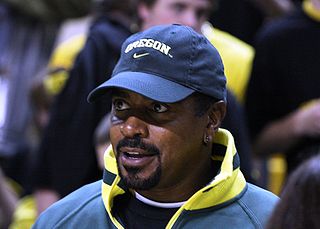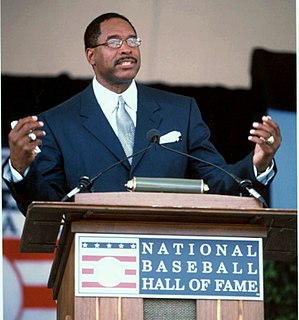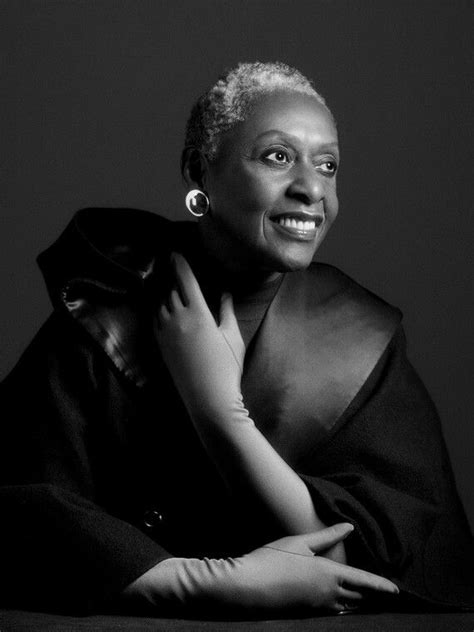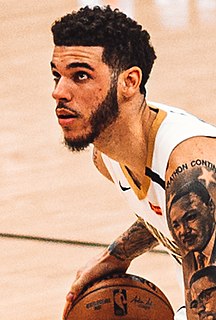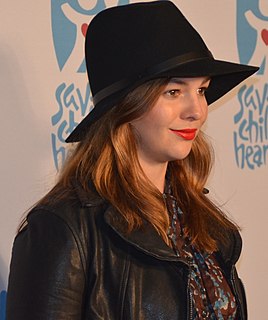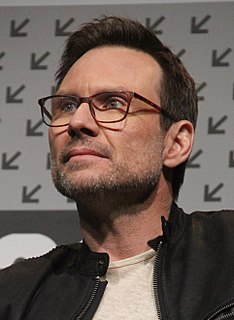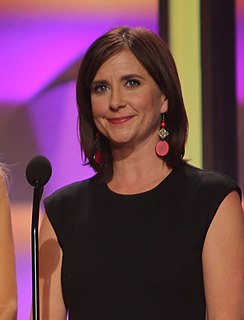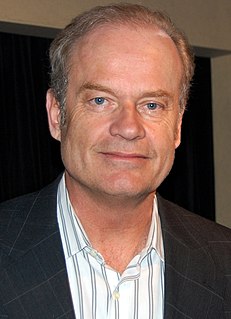A Quote by Jeff Ross
I had a life experience that most of my - that none of my friends had. I remember I became everybody's rabbi. Everybody who needed advice would talk to me, and it became an obvious thing.
Related Quotes
At, like, 11, I think, that was just me watching a lot of YouTube videos, and I whenever I had the chance, I would talk to myself, practise pronunciation. Then I found out about hip hop and became friends with American people through Twitter. I was like, 'Yo, I need to be in a country where everybody speaks the same language.'
I was modest--they accused me of being crafty: I became secretive. I felt deeply good and evil--nobody caressed me, everybody offended me: I became rancorous. I was gloomy--other children were merry and talkative. I felt myself superior to them--but was considered inferior: I became envious. I was ready to love the whole world--none understood me: and I learned to hate.
Acting became important. It became an art that belonged to the actor, not to the director or producer, or the man whose money had bought the studio. It was an art that transformed you into somebody else, that increased your life and mind. I had always loved acting and tried hard to learn it. But with Michael Chekhov, acting became more than a profession to me. It became a sort of religion.
I was the first person that had been so kind to Iman Abdulmajid. As time went on, and she became successful, signed with an agency, when she had to make big decisions, she wouldn't always talk to an agent, she'd ask me. I'd give her good advice and she'd be on her way. When I had ideas to do things like the Black Girls Coalition, I would always talk to her, she always loved my ideas. She trusts me.
We hung out a lot together. We went and saw films together. It was really actually quite easy. I think we were all very subconsciously connected in knowing that we needed to make it important, and therefore it just became important and it worked. Everybody had a lot of respect for each other. I think respect is the most important thing you can have.
My mother became a casting director, and she cast me in a soap opera called 'One Life to Live.' I was, like, 8 years old, playing a kid who had hurt himself on a skateboard. I had, like, three lines. I did the lines, and everybody in the studio applauded - I was immediately hooked after that. I was like, 'This is the life for me.'
My company was based in Palm Beach, Florida, but when 'Bar Rescue' took off, I knew I had to move west. It was a choice between L.A. and Vegas. I have a lot of friends in Vegas, and it became my choice. I'm so glad because I love it here. There's a real sense of community. It's a big town that feels like a small town. Everybody knows everybody.
